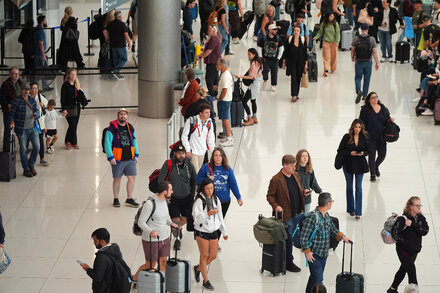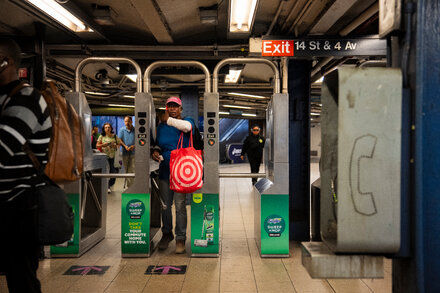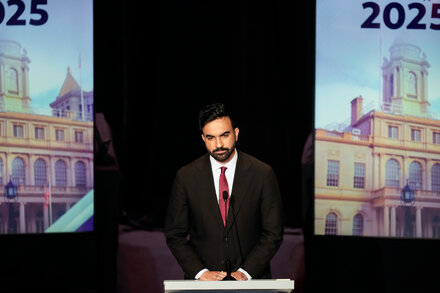Persistent air traffic control staffing shortages are causing a significant increase in flight delays for U.S. travelers. This critical issue is now severely impacting air travel across the nation.

Major airlines and passengers across the United States are experiencing a noticeable increase in flight delays, with industry observers and federal agencies attributing the growing disruption to persistent and worsening air traffic control staffing shortages. The issue, which has been a concern for several years, appears to be reaching a critical point, impacting both domestic and international air travel.
The Federal Aviation Administration (FAA) has acknowledged the challenges, with reports indicating that many critical air traffic facilities operate below their optimal staffing levels. This deficit often necessitates mandatory overtime for existing controllers and can lead to restrictions on flight volumes in congested airspace to ensure safety.
“We are seeing a direct correlation between facility staffing levels and the flow of air traffic,” stated an FAA spokesperson, who requested anonymity to discuss ongoing operational concerns. “When facilities are understaffed, controllers are pushed to their limits, and we must implement measures like ground stops or reduced traffic rates to maintain safety, which inevitably leads to delays.”
The National Air Traffic Controllers Association (NATCA) has consistently highlighted the strain on its members. The union points to a combination of factors, including a wave of retirements, a lengthy and complex training pipeline, and the impact of pandemic-era hiring slowdowns that created a significant backlog in new controller certifications.
“Our controllers are working extended hours, often six-day weeks, to keep the system running,” said Rich Santa, NATCA President. “This isn’t sustainable. The system needs more fully certified controllers, and we need a consistent, robust hiring and training plan that addresses the current and future demands of our national airspace.”
Impact on Airlines and Passengers
Airlines have voiced concerns about the operational and financial implications of these delays. Carriers report increased costs due to fuel burn from holding patterns, crew repositioning, and compensation for delayed or canceled flights. Passengers face longer travel times, missed connections, and uncertainty, particularly at major hubs and during peak travel periods.
Industry analysts suggest that the cumulative effect of these delays could deter air travel, especially if the situation does not improve before traditionally busy holiday seasons. The problem is particularly acute in high-traffic corridors and around major metropolitan airports like New York, Chicago, and Atlanta, where even minor disruptions can cascade across the national network.
Addressing the Shortage
The FAA has initiated efforts to accelerate hiring and training new controllers, aiming to bolster the workforce. These initiatives include streamlining parts of the hiring process and increasing the capacity of its Air Traffic Control Academy. However, the comprehensive training required for a fully certified controller can take several years, meaning immediate relief remains challenging.
Lawmakers have also weighed in, with calls for increased funding and legislative support to address the staffing crisis. The long-term solution is expected to require sustained investment in recruitment, training infrastructure, and retention strategies to ensure the United States maintains a robust and resilient air traffic control system capable of handling future air travel demands.
Source: Read the original article here.





